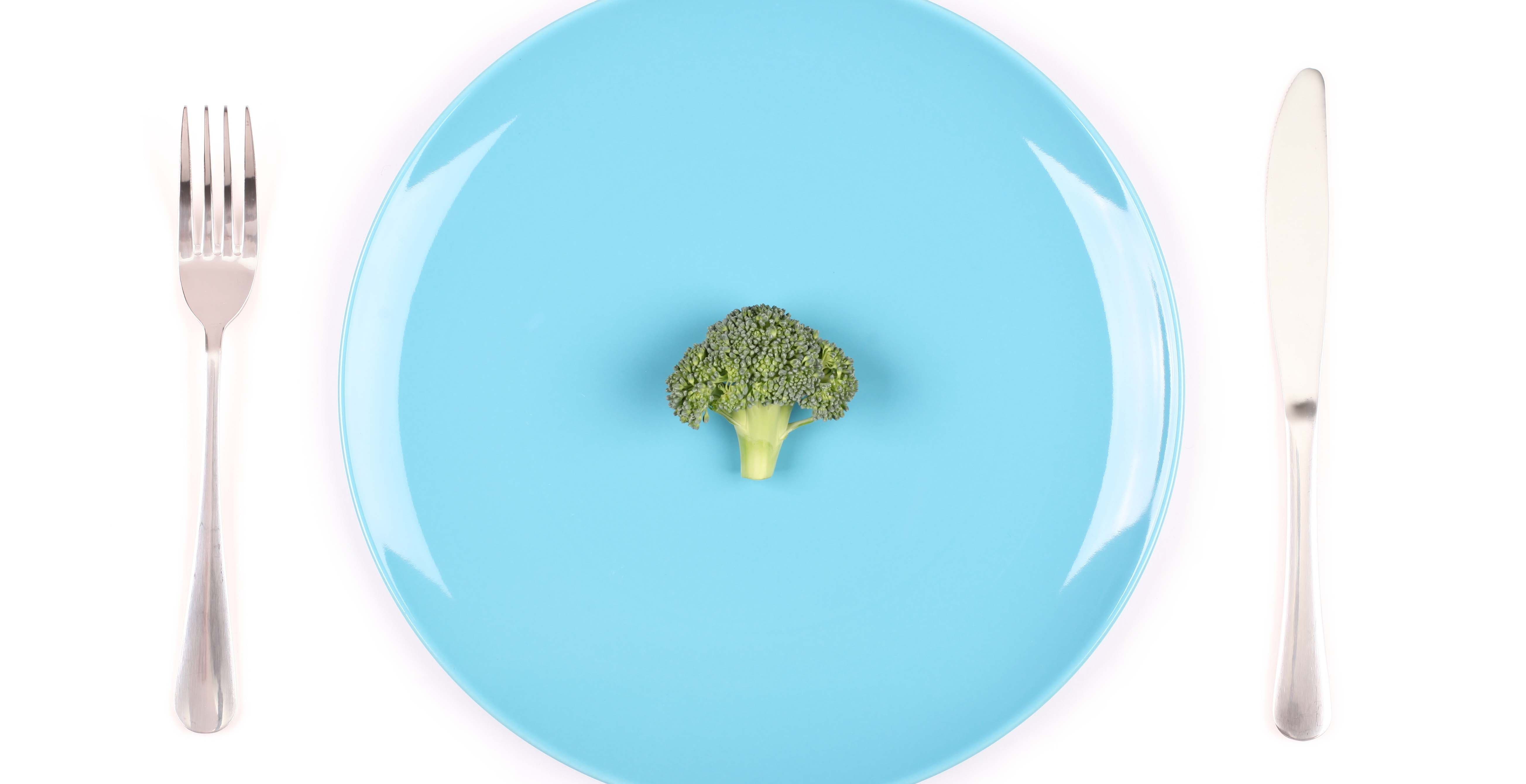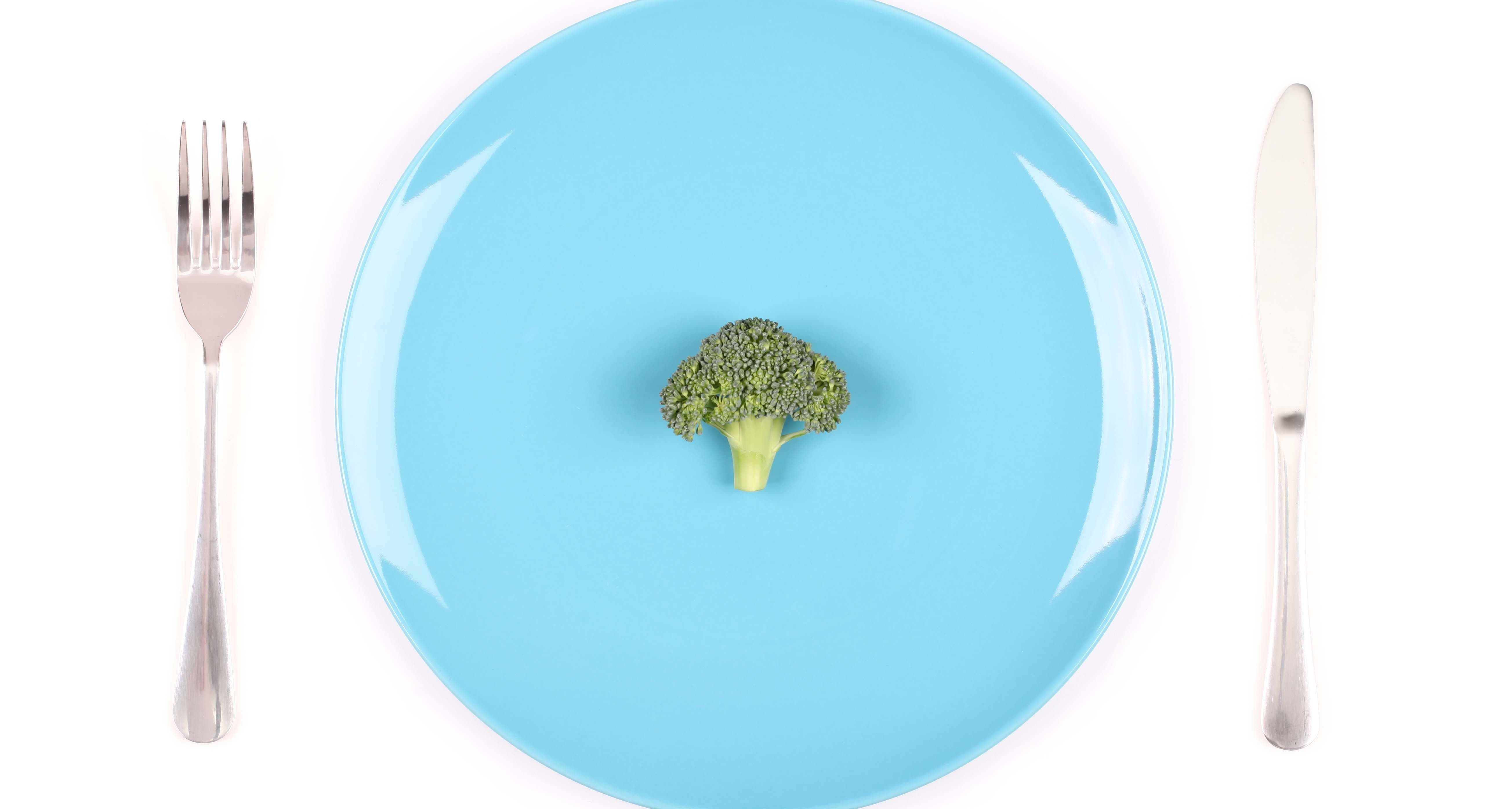The Flaws of Fasting


Fasting is not a new concept by any means – it has its place among ancient practices and particularly in religious settings, such as during the Muslim holy month of Ramadan. But fasting for the purpose of losing weight is at its best, unsustainable, and at its worst, fraught with danger.
Myth: Fasting helps you reset.
Fact: False. Fasting reduces the body’s ability to properly absorb nutrients and medication, leaving the body vulnerable.
“There are significant risks involved in fasting for longer than 24 hours at a time,” says registered dietitian Catherine Metzgar of Virta Health, a Type 2 diabetes reversal clinic that provides physician supervision, one-on-one health coaching, and biomarker tracking.
“Fasting can be dangerous for people taking medications, especially those used to control blood sugar or blood pressure. For someone with diabetes, reducing carbohydrate intake through fasting can lead to blood sugar instability,” Metzgar explains.
“Additionally, fasting affects our body's ability to handle salt and water, and can interfere with hypertension medications. Further, fasting affects your body's ability to absorb medication and can lead to dehydration.”
Metzgar also notes that fasting is an ineffective way to lose weight because it burns muscle, or metabolically active tissue, as well as fat.
Myth: Fasting helps you lose weight.
Fact: False. Although you may initially shed some pounds, fasting actually slows your metabolism.
“Research shows that fasting slows the rate at which your body burns energy, both while you're fasting and after,” she says. “Our bodies have evolved to perceive fasting beyond 24 hours as a famine, so when our bodies have less energy coming in, they burn less energy, resulting in a slowed metabolism and reduced bodily functions."
Myth: Fasting burns calories.
Fact: False. Fasting burns muscle as well as fat. Muscle mass helps to burn more calories. Reduced muscle mass means reduced ability to burn calories.
Robert Herbst, a personal trainer, coach, and powerlifter, further explains how fasting goes against our bodies’ natural design.
“Fasting is not a good way to lose weight as one actually burns fewer calories. We are still designed to be hunter-gatherers and our body perceives the fasting as a famine, so it slows the metabolism to conserve energy for survival. Even worse, the body breaks down valuable muscle tissue, not just fat for energy.”
Fasting can also lead to not ingesting the required amount of vitamins, which can in turn compromise the immune system, Herbst adds.
“It would be much better if a person eats a somewhat calorie-restricted diet with the proper protein, carbs, fats, and nutrients to support bone and muscle growth, while also doing strength training or high intensity work which keeps the metabolism elevated,” suggests Herbst, an 18-time World Champion powerlifter himself.
“Weight training builds muscle, which itself [muscle] burns more calories.”
Weight Watchers does not endorse fasting as a weight-loss method.
